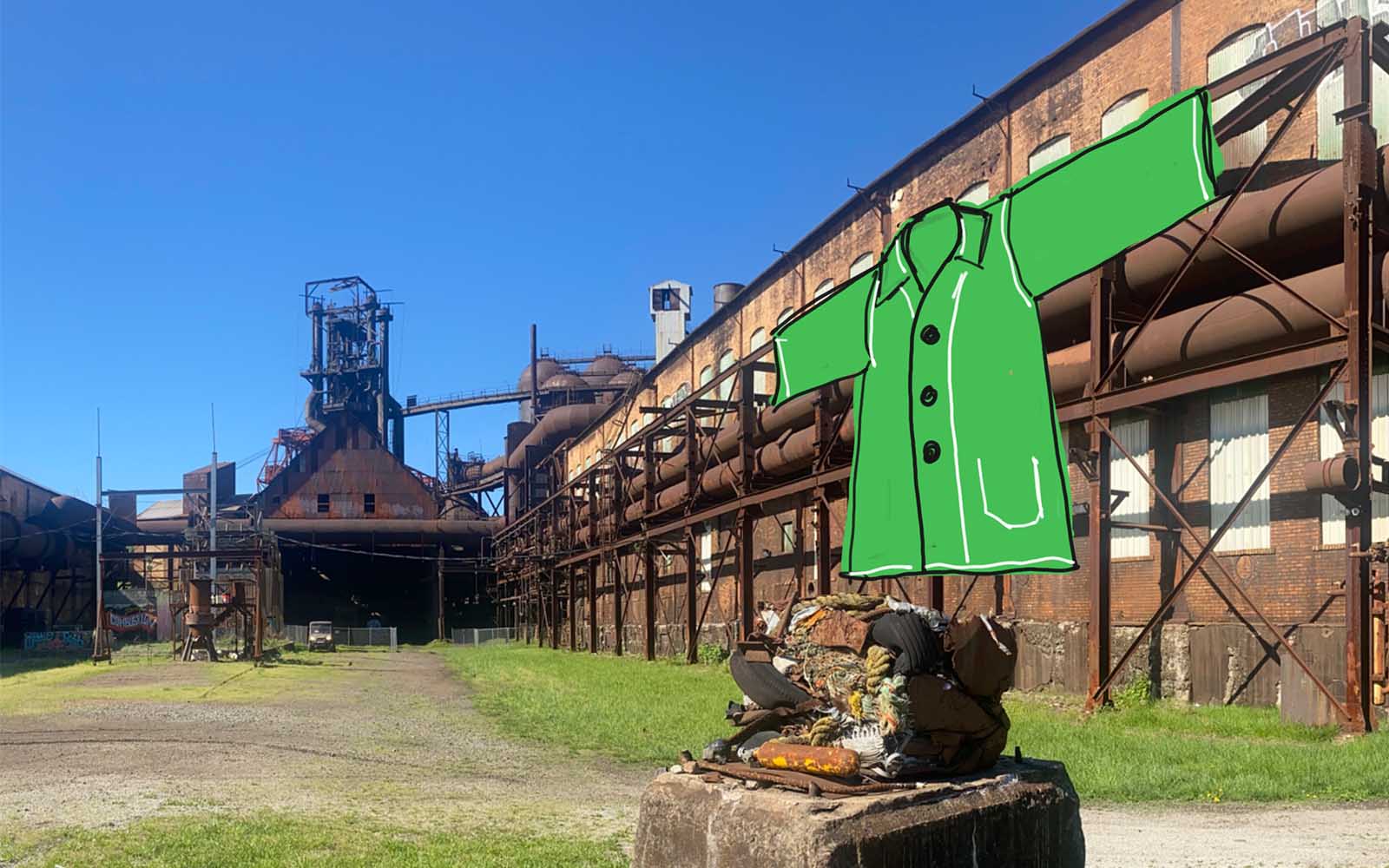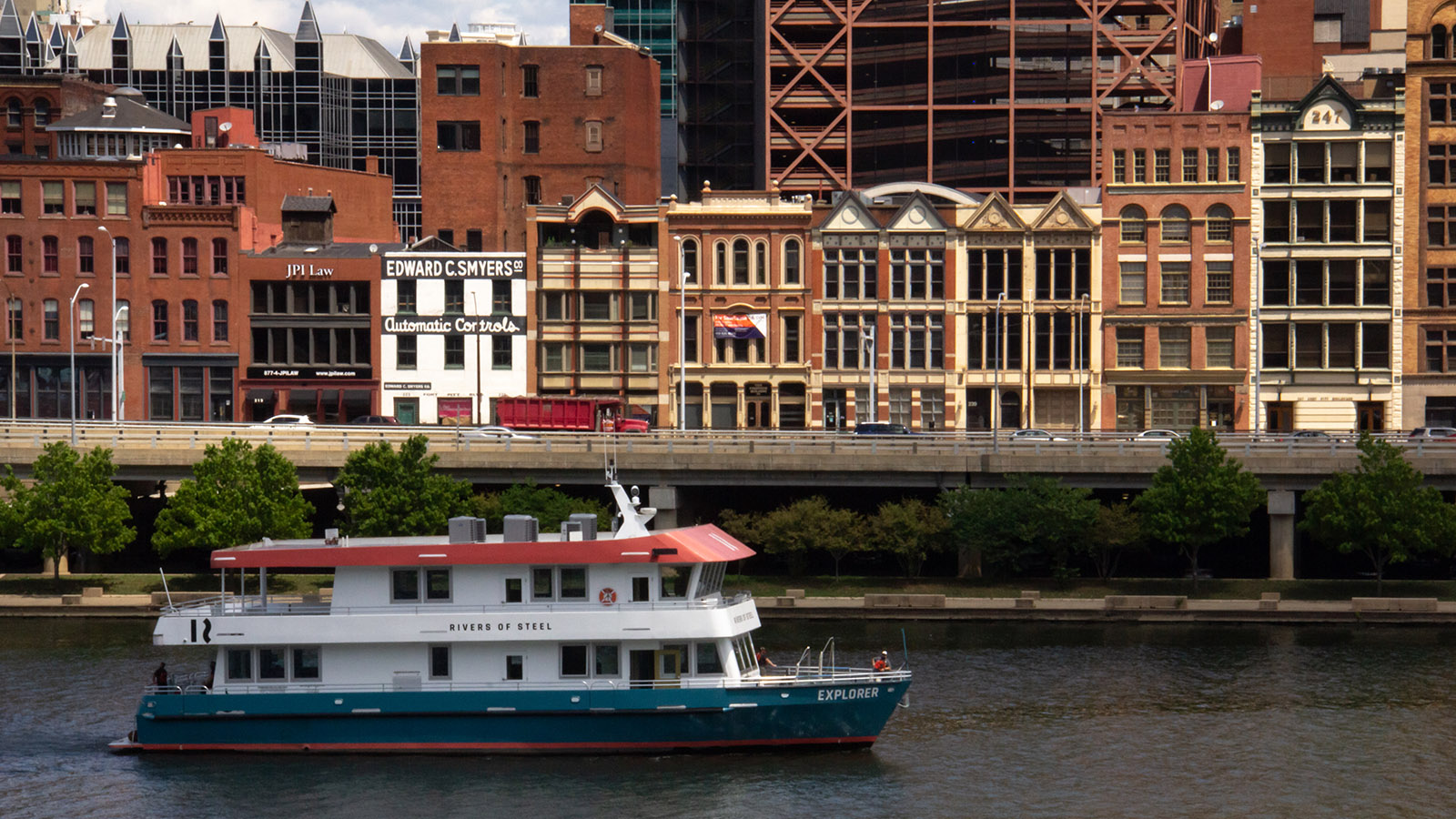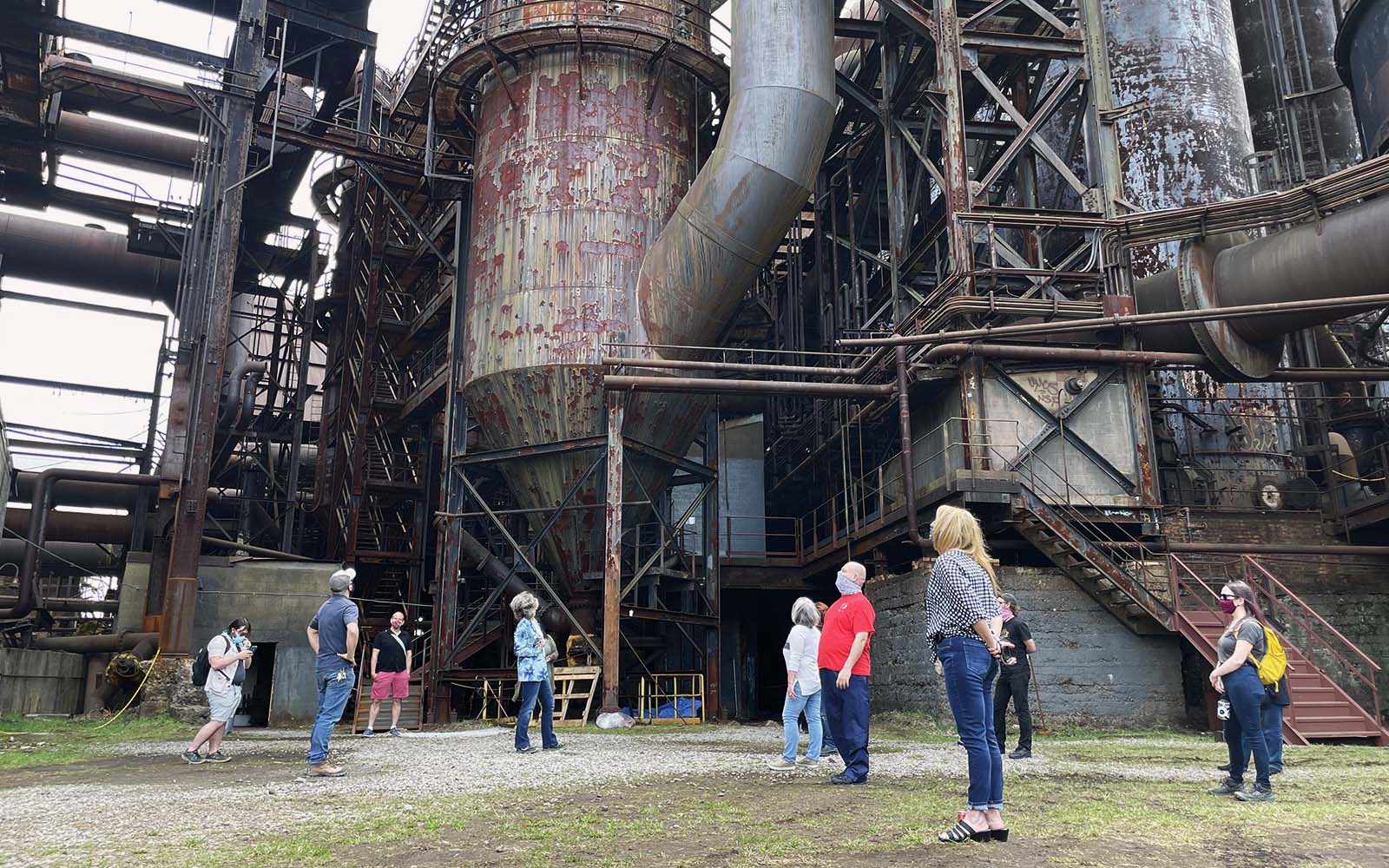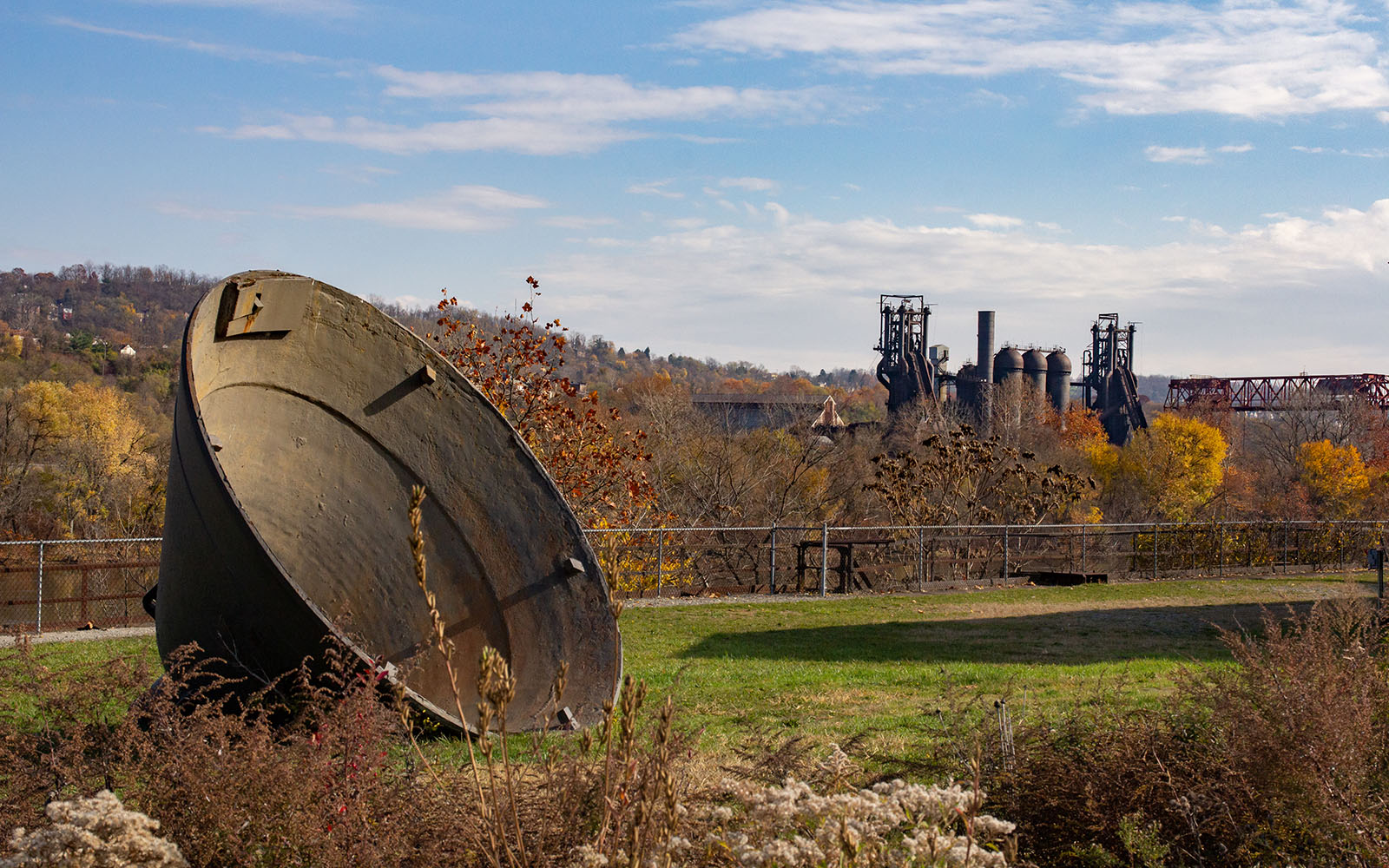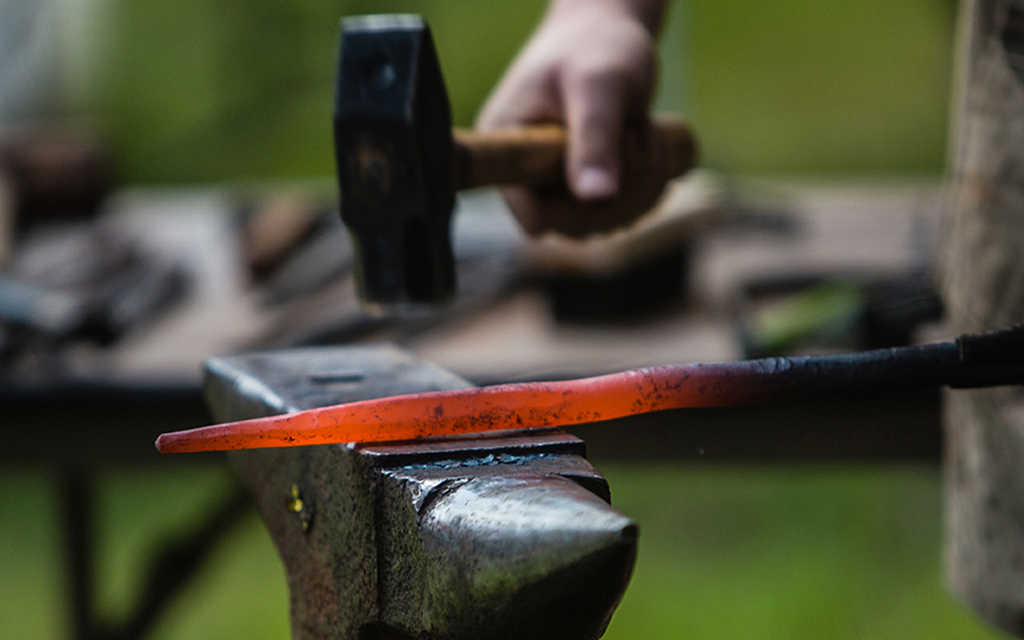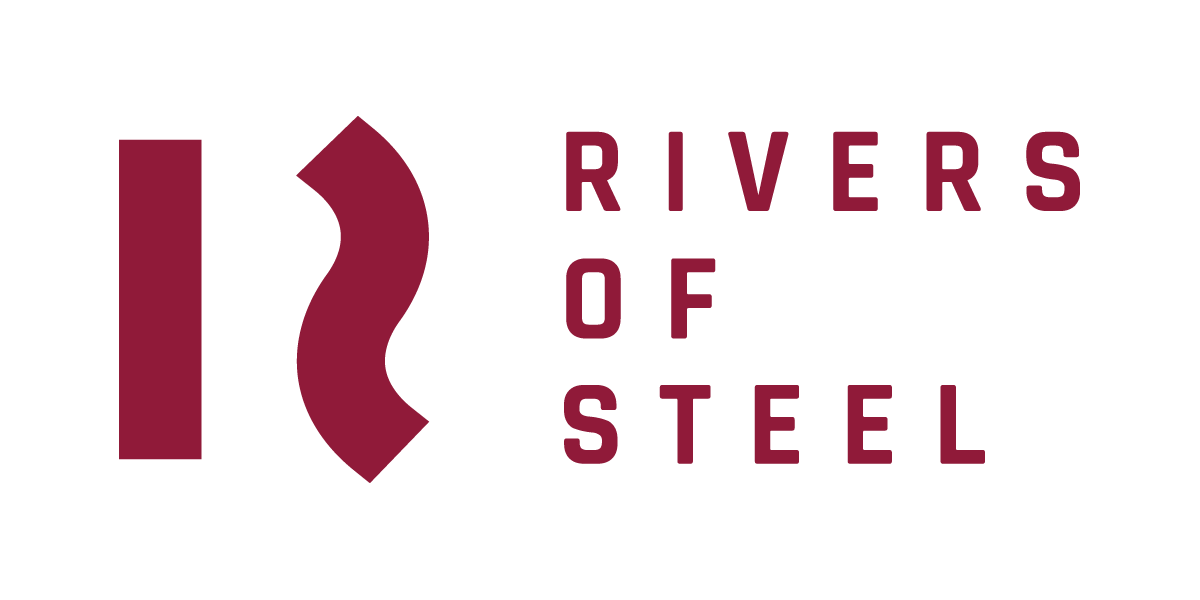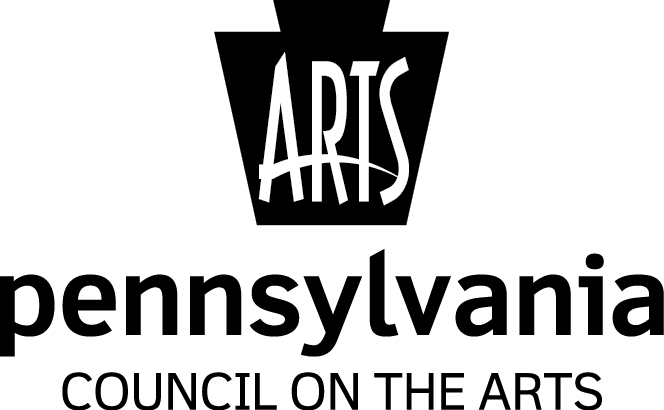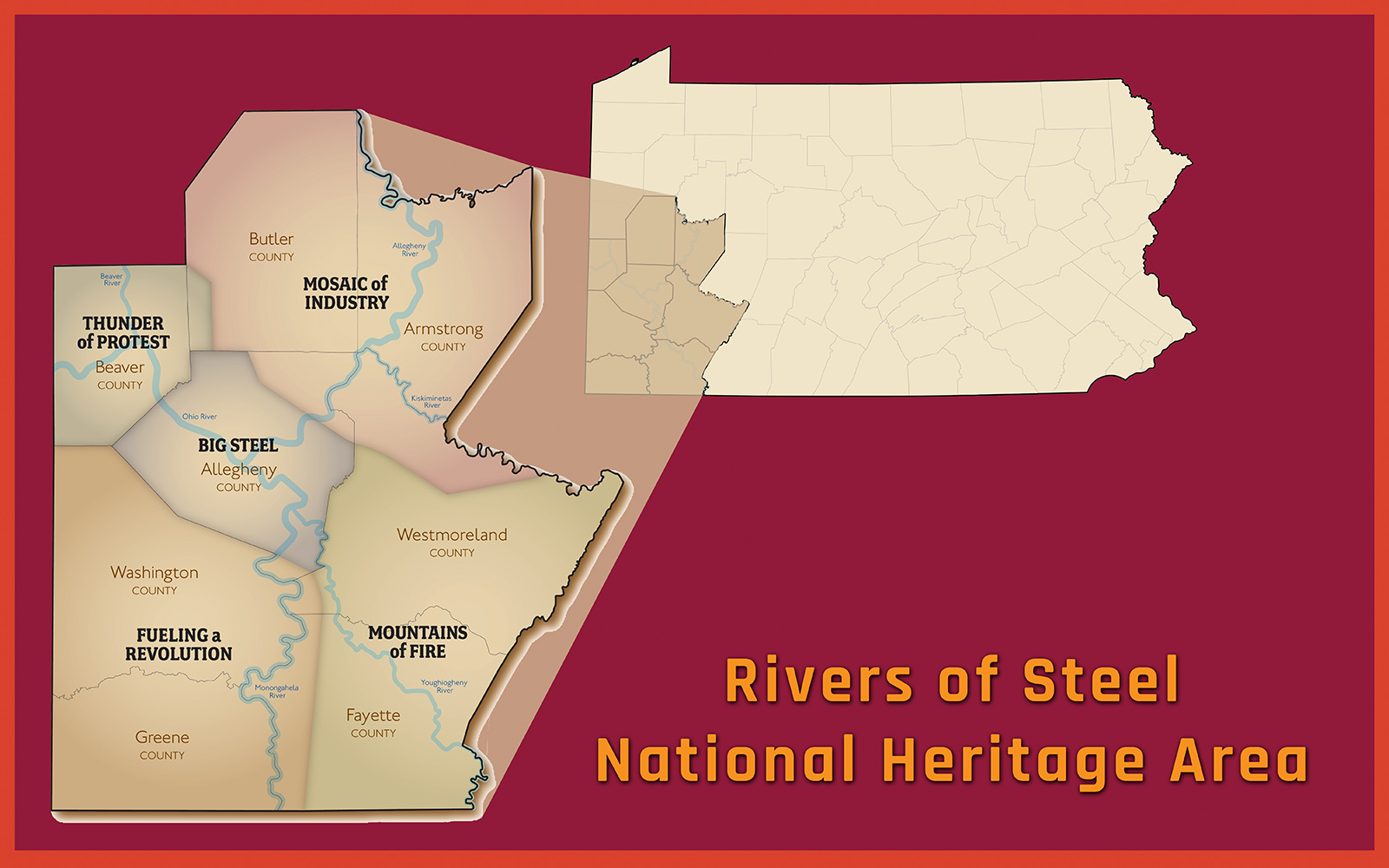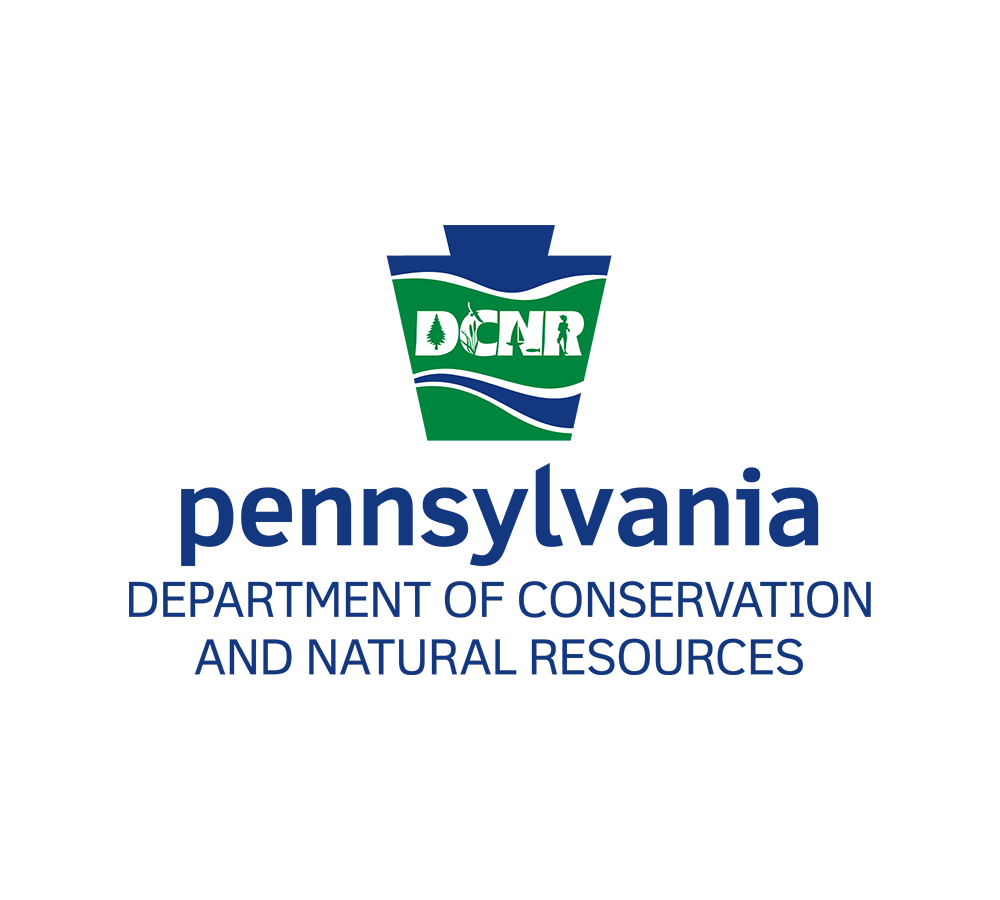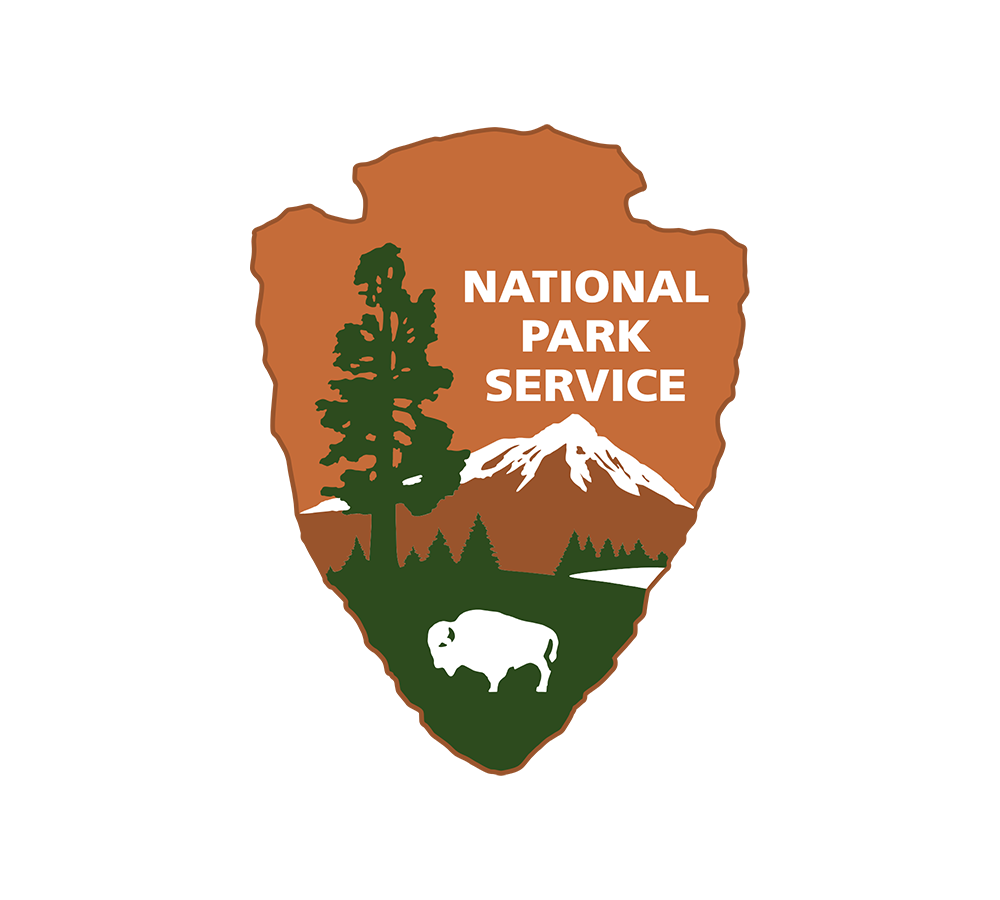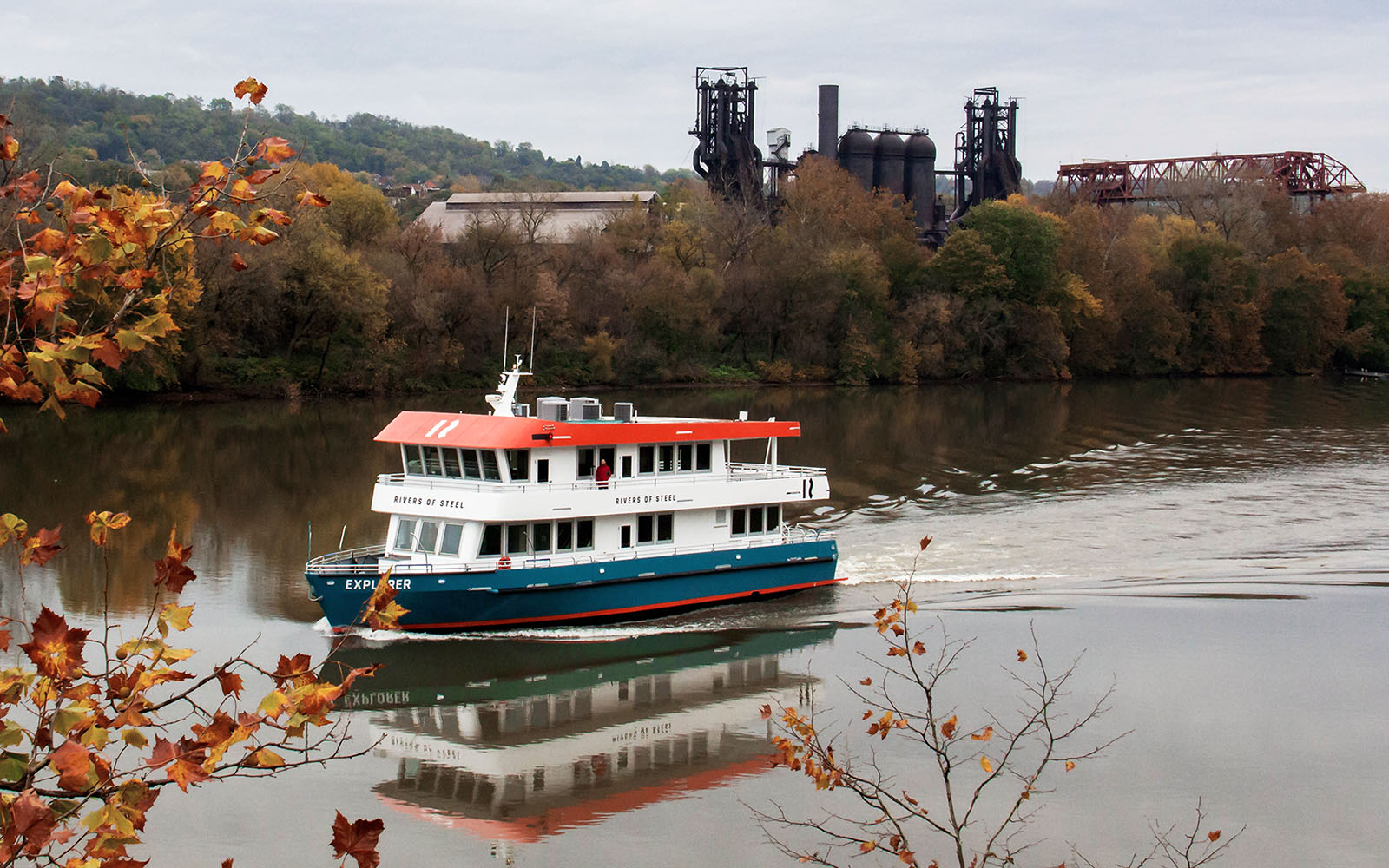
Rivers of Steel 2021 Mini-Grant Program Applications Available
Homestead, PA (September 1, 2021)—Rivers of Steel is now accepting applications for its Mini-Grant Program, which assists heritage-related sites and organizations, as well as municipalities, within the borders of the Rivers of Steel National Heritage Area. The Mini-Grants may be used to develop new and innovative programs, partnerships, exhibits, tours, and other initiatives that are consistent with the mission and vision outlined in Rivers of Steel’s Management Action Plan. The Mini-Grant Program is funded by a grant from the Pennsylvania Department of Conservation and Natural Resources (DCNR), Bureau of Recreation and Conservation, via DCNR’s Community Conservation Partnerships Program and the Environmental Stewardship Fund.
Proposals that increase heritage tourism, enhance preservation efforts, involve the stewardship of natural resources, encourage outdoor recreation and/or include collaborative partnerships are strongly encouraged.
Application Deadline: Thursday, September 30, 2021 at 5:00 p.m. EDT
Grant Awards Announced: December 2020, anticipated.
Rivers of Steel works to conserve the industrial and cultural heritage that defines southwestern Pennsylvania. Through its Rivers of Steel National Heritage Area program, Rivers of Steel champions the region’s natural, cultural, educational, recreational, and industrial resources as key components for preserving the region’s heritage, focusing on developing a sense of place, as well as contributing to the economic vibrancy of the region’s citizens and communities.
Applications are ranked using the following criteria: 1) a detailed and complete project narrative, 2) budget, 3) alignment for heritage tourism development, 4) and project outcomes.
Special consideration will be given to organizations applying for the 2021 Mini-Grants that are black- and/or minority-led organizations or organizations that primarily serve BIPOC (black, indigenous, people of color) audiences and communities. Rivers of Steel reiterates our long-held belief in diversity, equity, accessibility, and inclusion and strengthens our commitment to fighting systemic racism and discrimination against people of color amidst the nationwide call for ending racism.
Nonprofit organizations with a 501(c) (3) tax-exempt status, local governments and educational institutions are all eligible for the Mini-Grant Program. All projects must be within or across Allegheny, Armstrong, Beaver, Butler, Fayette, Greene, Washington, or Westmoreland Counties and have a significant connection to the mission of Rivers of Steel. Grant requests for a minimum of $1,000 to a maximum of $25,000 will be considered. Applicants must match (at a 1:1 ratio) these grant funds with additional funding and/or pre-approved eligible non-cash (in-kind / volunteer) services.
More information and the application can be downloaded here (Word document). Applicants will also need to download the budget worksheet here (Excel document).
About Rivers of Steel
Founded on the principles of heritage development, community partnership, and a reverence for the region’s natural and shared resources, Rivers of Steel strengthens the economic and cultural fabric of western Pennsylvania by fostering dynamic initiatives and transformative experiences.
Rivers of Steel showcases the artistry and innovation of our region’s industrial and cultural heritage through its historical and 21st-century attractions―offering unique experiences via tours, workshops, exhibitions, festivals, and more. Behind the scenes, Rivers of Steel supports economic revitalization—working at the grassroots level to deepen community partnerships, promote heritage tourism, and preserve local recreational and cultural resources for future generations.
About the Rivers of Steel National Heritage Area
This eight-county region is one of 55 National Heritage Areas designated by the U.S. Congress and one of 12 State Heritage Areas. A National Heritage Area is a place of national significance to America. For Rivers of Steel, Congress recognized the industrial and cultural heritage of southwestern Pennsylvania. Through a public-private partnership with the National Park Service and the Pennsylvania Department of Conservation and Natural Resources, Rivers of Steel supports heritage conservation, heritage tourism, and outdoor recreation as a means to foster economic redevelopment and enhance cultural engagement.
Contact Amy Buchan Baldonieri at 412.464.4020, ext. 235 or by emailing amyb@riversofsteel.com.
Rivers of Steel | The Bost Building, 623 East Eighth Avenue, Homestead PA 15120
riversofsteel.com
###

